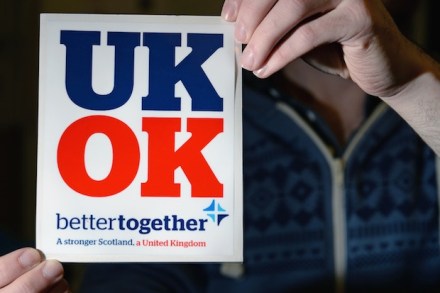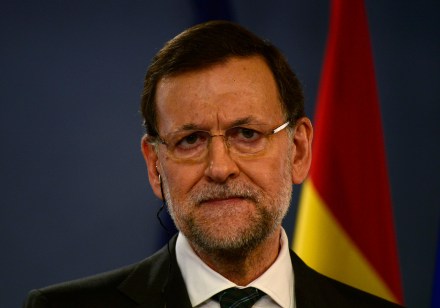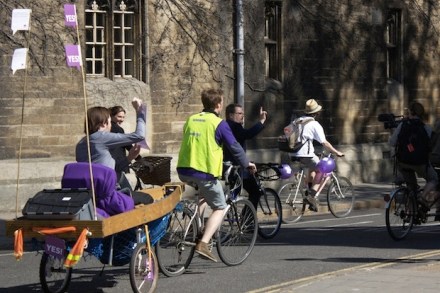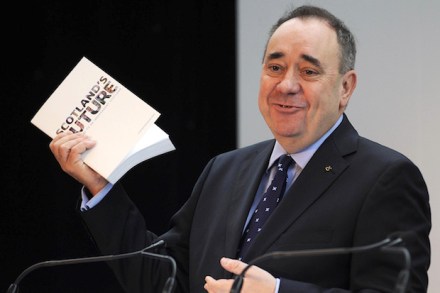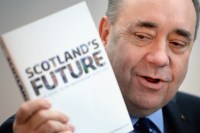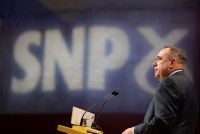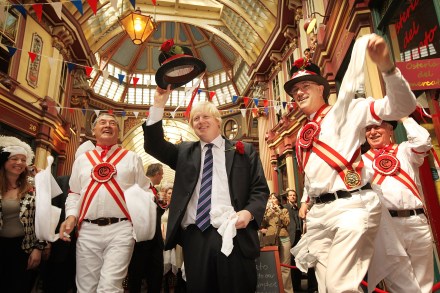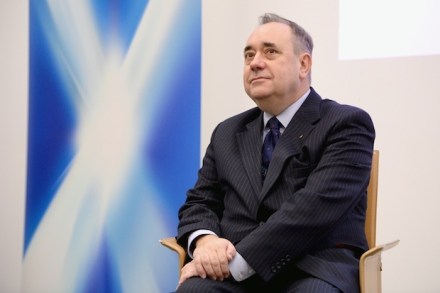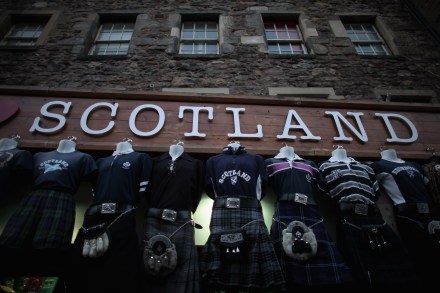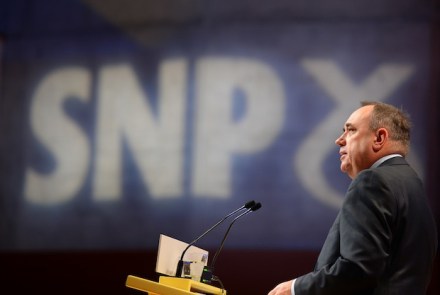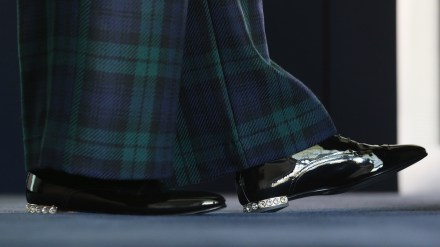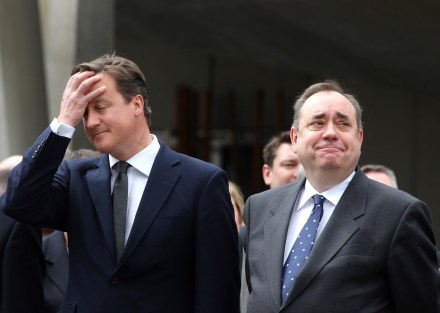Nobody’s noticed, but the White Paper on Scottish independence has failed to move public opinion
It is not surprising that the first Scottish opinion poll to be done since Alex Salmond published his White Paper on Independence last week would slip by almost unnoticed. After all, the attention of the Scottish media was somewhere else. It was focused, quite rightly, on events in Glasgow and the aftermath of the terrible helicopter crash there. As a result, the Progressive Scottish Opinion for the Scottish Mail on Sunday appeared and then, somewhat understandably, faded away quite quickly. It was a poll which, on most weekends, would have carried the front page for the paper. However, it was relegated to page 14 by the tragedy in Glasgow. It is,
